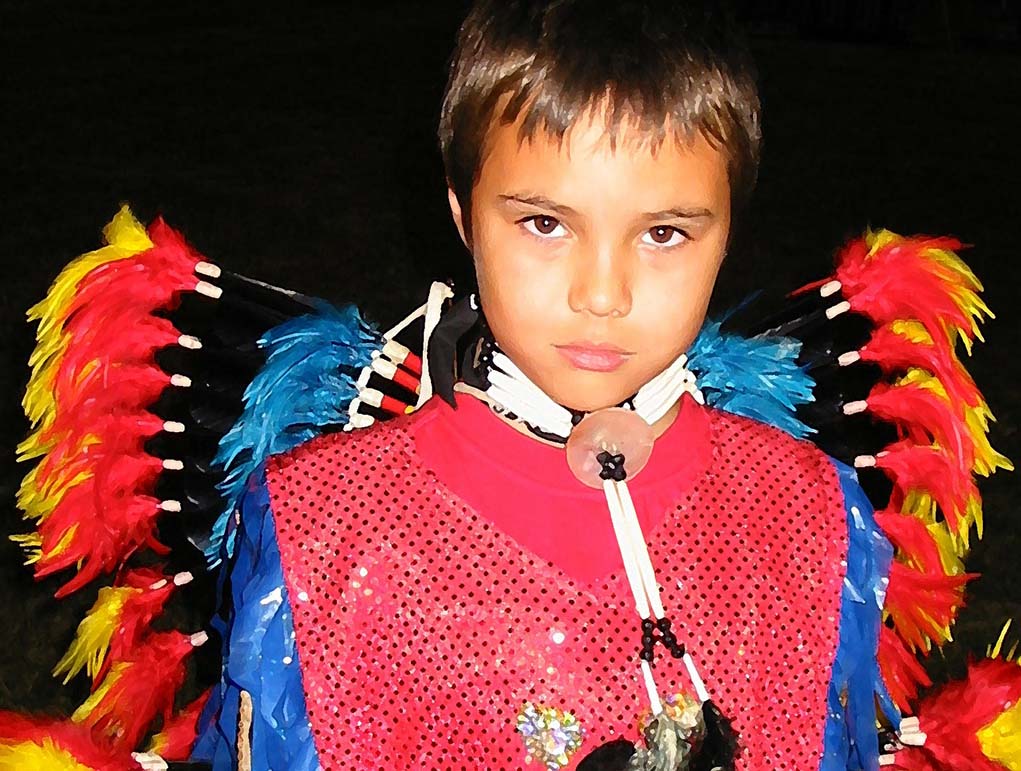SACATON – The Arizona Supreme Court has granted the petition for review filed by attorneys for the Gila River Indian Community, giving the Community the opportunity to argue before the state’s highest court in a controversial case involving the future of a Native American child at risk of being permanently removed from her Community.
The case will be the first of its kind argued before the Arizona Supreme Court focused on the transfer provisions of the Indian Child Welfare Act. At its heart are determinations regarding the permanent custody of a Native American child, A.D., a 2-year-old born to a Gila River Indian Community mother who lived on the Gila River Indian Reservation for most of her life. After A.D.’s off-Reservation birth, she was placed into the State of Arizona foster care system. The Community sought transfer of the state court case to its Children’s Court under the Indian Child Welfare Act, but its motion was denied and the Community appealed.
In their petition to the state Supreme Court, attorneys for the Community argue that A.D.’s case is significant to Arizona’s Indian tribes and tribal families and that the Arizona Court of Appeals’ decision was contrary to the plain language of the Indian Child Welfare Act and would lead to “absurd and inconsistent results.”
“The Gila River Indian Community will do everything in our power to protect our Community members and their families, every Indian child and every Indian family,” said Gila River Governor. Stephen R. Lewis. “We will not stand idly by when our children are at risk of losing their tribal roots, their culture and their families, and when the Indian Child Welfare Act is at risk.”
“Since 1978, ICWA and the tribal court system have worked as intended to keep Indian families together. This landmark law should not be stripped of its key role in protecting our people.”
Attorneys for the Community and the State have 20 days to file supplemental briefs with the state Supreme Court, then the matter will be set for oral arguments.





